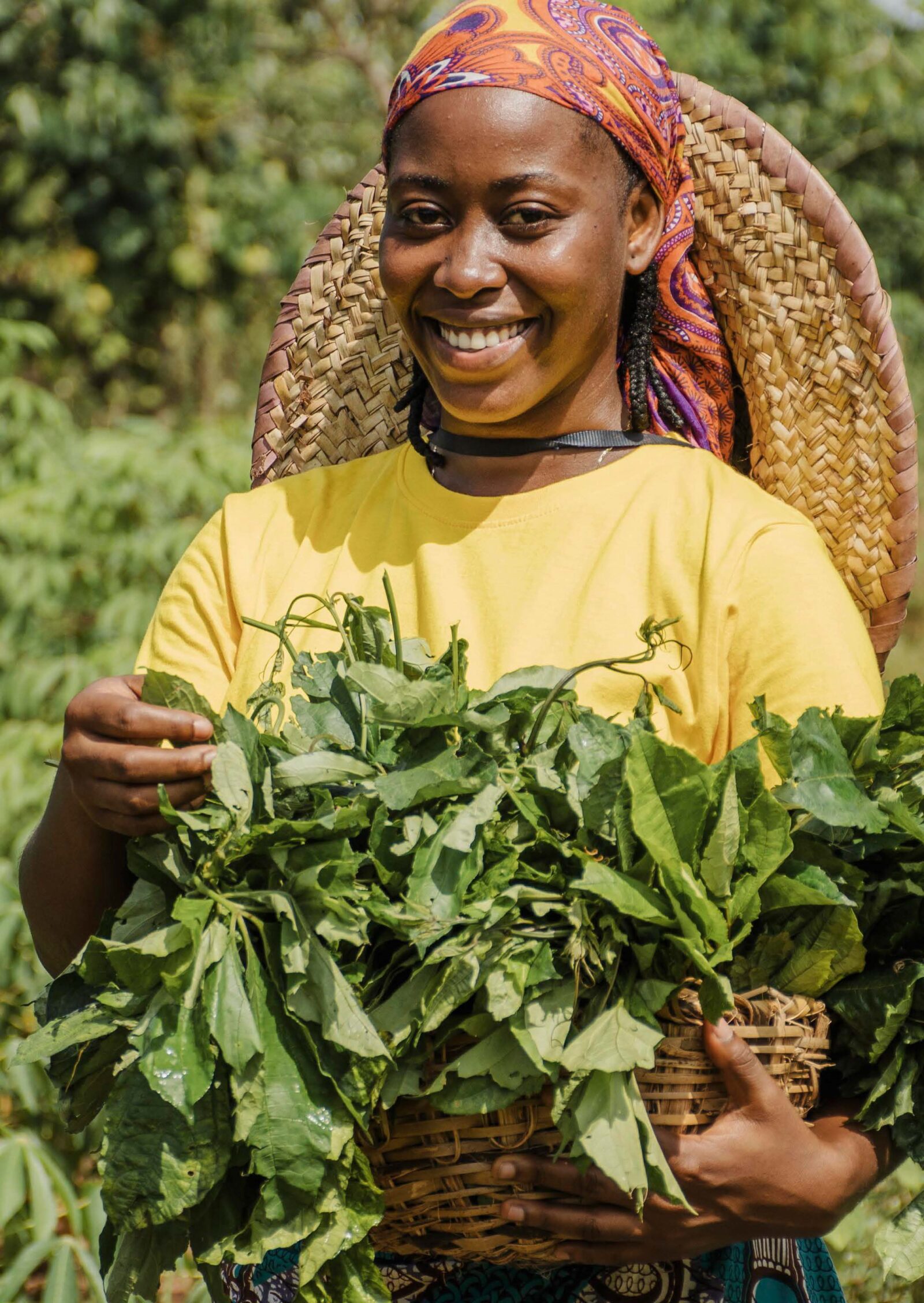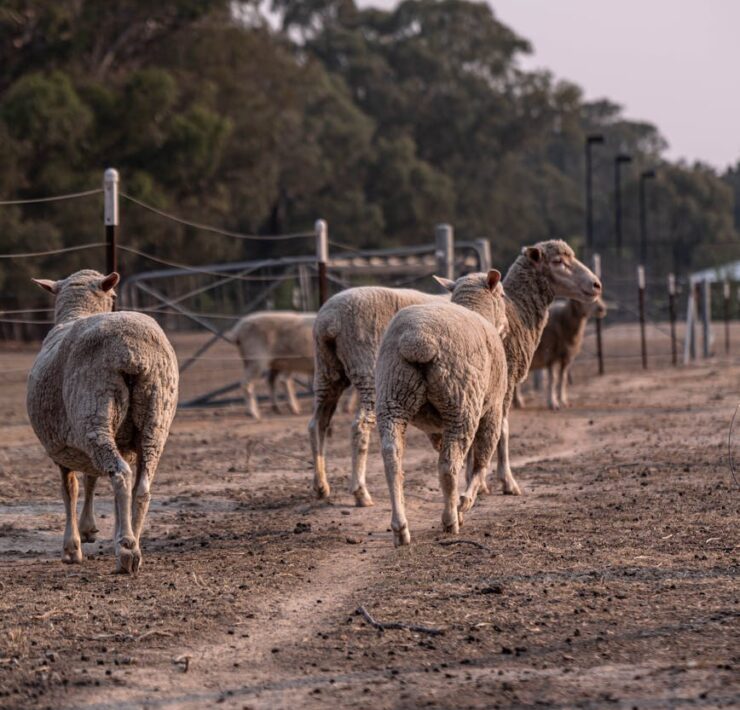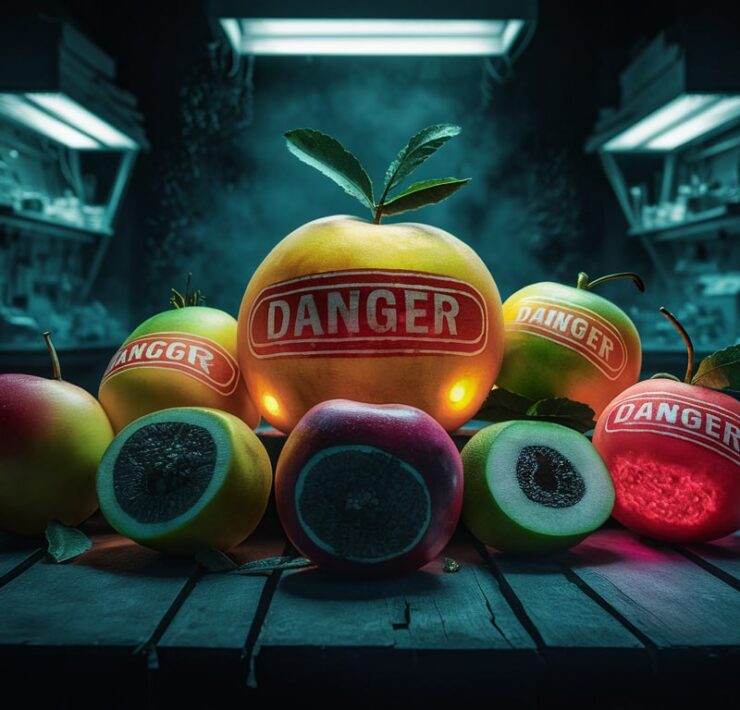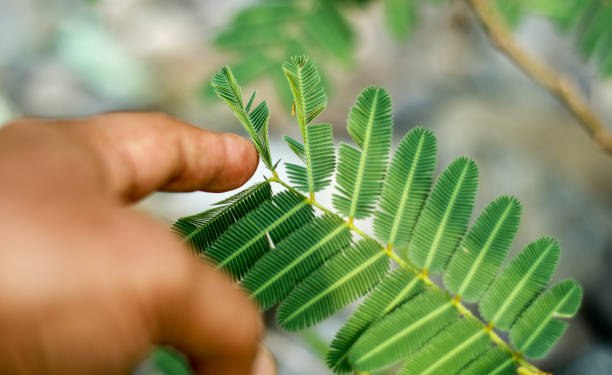
Passionate about getting God's message concerning Afrika and the end…
Read Next
Benefits Of Eating Indigenous Organic Crops
Plants and plant products have been humanity’s original pharmacy for thousands of years. Traditional African healing systems and other systems like Ayurveda, Traditional Chinese Medicine, and Native American remedies rely heavily on the therapeutic properties of plants. Plants offer many medicinal benefits, from pain relief and immune support to treating chronic illnesses and very importantly, food.
The African ancestors understood very clearly the role of healthy food in body health, so they propagated food systems that factored in healthy seeds, healthy planting practices that are not destructive to the environment and healthy food and seed preservation systems. But most importantly, they live by the deep consciousness that a man is what he eats and how he relates with nature around him. So, you may call them primitive in quote, but they knew what they were doing.
Sadly, many of these beautiful practices are quite strange to the modern-day man or farmer who is obsessed with how the land will produce to satisfy his quest for money and not how the land will keep him and posterity safe with healthy food and seeds for the future.
Amongst many others, here are a few benefits of eating Africa’s indigenous organic crops
Number one: Taste.
In this part of the world, if nutrition is queen, then taste is king when it comes to food. And this is for both cooked food or vegetables or fruits.
We have read stories from foreigners who come to Africa for the first time and they tasted the fruits or vegetables grown organically in the local farms. One thing they don’t miss to mention is the difference in taste from the fruits and vegetables that they eat back at home. Organic food, fruits and vegetables grown in Africa always just hit differently when it comes to taste and that we have no apology for.
Number Two: Healthy Nutrients
Anything that nature produces and which man has not tampered with always retains their natural essence and it’s the same with fruits. Generally, fruits are known for their vitamins and other nutrients but what happens when such food and fruits have been modified through technology or genetically? They stop being trusted. I do not think it makes any sense to load yourself with food or fruits that are just taking up space but adding not much nutrient to your body.
Number Three: Eating More Indigenous Organic Food Helps Generate More Indigenous Organic Seeds For Planting
It’s not rocket science that the one sure way to get more indigenous organic crops both now and, in the future, is to eat more indigenous organic crops now. It’s just basic common sense. If you want more fruits, then produce more seeds by eating more fruits. And this principle cuts across all our food systems. The only way we can take out GMO foods from the market is to support and keep supporting organic farmers, especially the ones doing indigenous crops. It’s very straightforward.
We can’t stand on the fence on this one, we have to be actively involved in getting rid of the madness called GMOs from our food systems. So instead of complaining that GMOs are destroying our African organic food system, let’s make it a duty to start eating our organic food and also be storing, replanting and sharing the seeds.
Number Four: It Will Help Reset Our Food Systems Back To Seasonal Eating
Ancient Africans were not wayward in their eating, neither was capitalism their reason for farming. Our African ancestors planted crops and ate food according to season. Plants were not forced to produce outside of season using technologies that were created from capitalistic ideologies. We have to understand that the human body is very intelligent and that intelligence includes knowing what it needs for each changing season. Also, this intelligence involves eating food or fruits that are readily available in our environment. This intelligence is the bedrock of sustainability.
It does not even make sense that we are forcing fruit trees to produce fruits outside of their seasons simply because we want to export them and then turn back to complain of an imbalance in our climate and ecosystem. Have we lost so much consciousness of reality that we no longer remember that nature is spiritual just as we are spiritual beings? And that how we perceive and use nature is how our lives and environment will turn out to be? Please Africans, let’s stop this thinking that we can do whatever we like with nature like the West and Europe are doing and then not eat the consequences of our actions. We should know better.
Anyway, here is a video of Joshua Maponga giving some clarity on this thought on seasonal eating.
Number Five: For The Sake Of Posterity
Sometimes we sit back and watch our beautiful young Africans as they struggle with their African identity. They seem to have so much information about many things, largely based on what they research or see on social media but they are quite empty of truth and wisdom of how things truly work. They have no strong antecedent of how deep, strong and authentic things were before the fakeness and falsehood that came with the internet that disrupted our world. And that scares me, to say the least. Anyway, the only way that subsequent generations of Africans after us will even taste indigenous organic fruits or food crops is if we eat them now and also plant them everywhere. So, my people, instead of eating your delicious African fruits or food crops and throwing the seeds in the dustbin, just separate the seeds and while you are driving or walking in open spaces or even along the bush path, just throw them around. They will grow wherever they fall. And that my friends, is wisdom that does not cost any penny to do.
Number Six: Healthy Environment
Indigenous crops be it vegetables, fruits or others don’t need fertilizer or agrochemicals to plant or grow. Except if they have been compromised. They just grow naturally, produce their fruits in season and when they are not in season, the trees rest. We humans love to go on vacations to shake off steam and pressure but we don’t think or consider that nature needs rest too. Everything wears out at some point if proper rest and maintenance are not given.
Let’s save nature from too much pressure.
What Is Organic Farming?
The word “organic” means the way farmers grow and process farming (agricultural) products. These products include fruits, vegetables, grains, dairy products such as milk and cheese, and meat. So it’s not a type of crop but a type of farming technique that is pro-life, pro-health, pro-environmental sustainability etc.
Organic Farming Practices Are Designed To Meet The Following Goals:
Improve soil and water quality
Cut Pollution
Provide safe, healthy places for farm animals (livestock) to live
Enable natural farm animals’ behaviour
Promote a self-sustaining cycle of resources on a farm etc
Materials Or Methods Not Allowed In Organic Farming Include:
Artificial (synthetic) fertilizers to add nutrients to the soil
Sewage sludge as fertilizer
Most synthetic pesticides for pest control
Using radiation (irradiation) to preserve food or to get rid of disease or pests
Using genetic technology to change the genetic makeup (genetic engineering) of crops, which can improve disease or pest resistance, or to improve crop harvests
Antibiotics or growth hormones for farm animals (livestock)
Organic crop farming materials or practices may include:
Plant waste left on fields (green manure), farm animals’ manure or compost to improve soil quality
Plant rotation to keep soil quality and to stop cycles of pests or disease
Cover crops that prevent the wearing away of soil (erosion) when sections of land aren’t in use and to plough into soil to improve soil quality
Mulch to control weeds
Insects or insect traps to control pests
Certain natural pesticides
Organic Farming Practices For Farm Animals (Livestock) Include:
Healthy living conditions and access to the outdoors
Pasture feeding for at least 30% of farm animals’ nutritional needs during grazing season
Organic food for animals
We appreciate every of our African organic farmers, especially the ones doing indigenous organic farming. You have become our heroes in the fight against GMOs and the health consequences of agro-chemicals.
Subscribe now for updates from Msingi Afrika Magazine!
Receive notifications about new issues, products and offers.
What's Your Reaction?
 PIN IT
PIN ITPassionate about getting God's message concerning Afrika and the end times to the world, in order to heal, restore and rebirth Afrika to her true purpose and destiny in God.





















